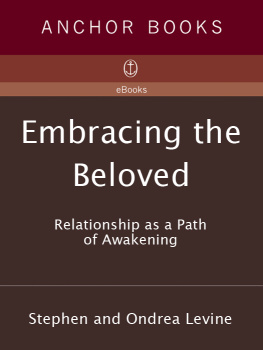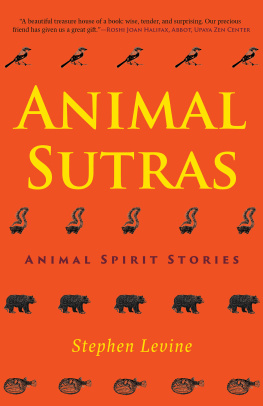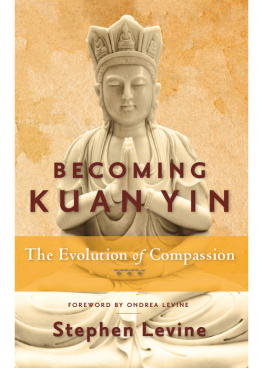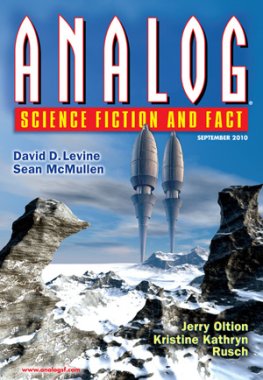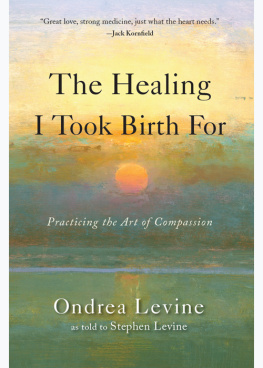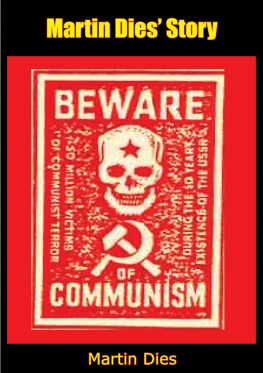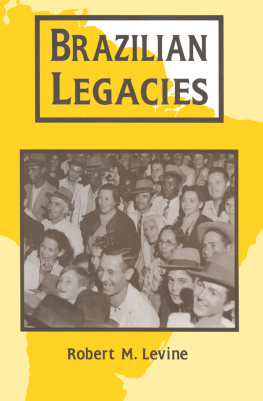Stephen Levine - Who Dies?
Here you can read online Stephen Levine - Who Dies? full text of the book (entire story) in english for free. Download pdf and epub, get meaning, cover and reviews about this ebook. year: 2012, publisher: Anchor Books, genre: Religion. Description of the work, (preface) as well as reviews are available. Best literature library LitArk.com created for fans of good reading and offers a wide selection of genres:
Romance novel
Science fiction
Adventure
Detective
Science
History
Home and family
Prose
Art
Politics
Computer
Non-fiction
Religion
Business
Children
Humor
Choose a favorite category and find really read worthwhile books. Enjoy immersion in the world of imagination, feel the emotions of the characters or learn something new for yourself, make an fascinating discovery.

- Book:Who Dies?
- Author:
- Publisher:Anchor Books
- Genre:
- Year:2012
- Rating:5 / 5
- Favourites:Add to favourites
- Your mark:
- 100
- 1
- 2
- 3
- 4
- 5
Who Dies?: summary, description and annotation
We offer to read an annotation, description, summary or preface (depends on what the author of the book "Who Dies?" wrote himself). If you haven't found the necessary information about the book — write in the comments, we will try to find it.
Who Dies? — read online for free the complete book (whole text) full work
Below is the text of the book, divided by pages. System saving the place of the last page read, allows you to conveniently read the book "Who Dies?" online for free, without having to search again every time where you left off. Put a bookmark, and you can go to the page where you finished reading at any time.
Font size:
Interval:
Bookmark:
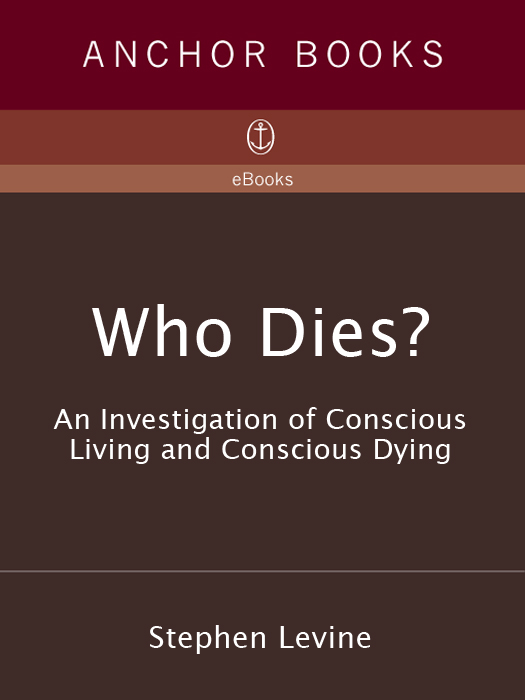
GRIST FOR THE MILL (with Ram Dass)
A GRADUAL AWAKENING
MEETINGS AT THE EDGE
HEALING INTO LIFE AND DEATH
Cassette recordings of
Stephen Levines guided meditations
and talks are available from.
W ARM R OCK T APES
PO. Box 108
Chamisal, New Mexico 87521
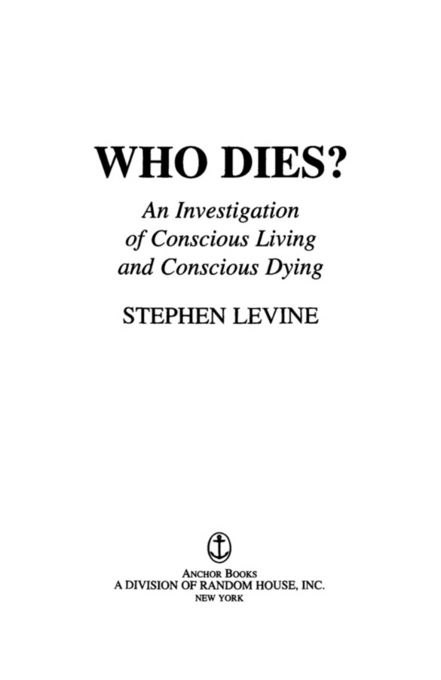
ANCHOR BOOKS EDITIONS, 1982, 1989
Copyright 1982 by Stephen Levine
All rights reserved under International and Pan-American Copyright Conventions Published in the United States by Anchor Books, a division of Random House, Inc., New York, and simultaneously in Canada by Random House of Canada Limited, Toronto. Originally published in paperback in the United States by Anchor Books in 1982.
Anchor Books and colophon are registered trademarks of Random House, Inc.
Although the case histories in this book are true, the patients names have been changed to honor the privacy of their families and loved ones
Acknowledgments are made to the following for their kind permission to reprint copyrighted material:
From AT THE EDGE OF THE BODY by Erica Jong Copyright 1979 by Erica Mann Jong. Reprinted by permission of Holt, Rinehart and Winston, Publishers
From THE WAY OF CHUANG TZU by Thomas Merton. Copyright 1965 by The Abbey of Gethsemani. Reprinted by permission of New Directions Publishing Corporation.
From THE WHEEL OF DEATH edited by Philip Kapleau. Copyright 1971 by Philip Kapleau. Reprinted by permission of Harper & Row, Publishers, Inc.
From THE KABIR BOOK translated by Robert Bly Copyright 1974 by Robert Bly. Reprinted by permission of Robert Bly.
From THE COLLECTED WORKS OF RAMANA MAHARSHI edited by Arthur Osborne. Reprinted by permission of Samuel Weiser, Inc.
From RAMAYANA by William Buck. Reprinted by permission of the University of California Press.
From ZEN MIND, BEGINNERS MIND by Shunryu Suzuki. Reprinted by permission of John Weatherhill, Inc.
From Death in the Open from THE LIVES OF A CELL by Lewis Thomas. Copyright 1973 by the Massachusetts Medical Society. Reprinted by permission of Viking-Penguin Inc.
Library of Congress Cataloging-in-Publication Data
Levine, Stephen.
Who Dies?
1. Death. I. Title
HQ1073.L48 306 81-43214
AACR2
eISBN: 978-0-307-82949-8
www.anchorbooks.com
v3.1_r1
To my wife, and spiritual partner, Ondrea, who worked page by page with me on this manuscript and whose love reminds me again and again to let go of the mind and die into the heart.
Not so long ago I attended a birth for the first time since my own. To breathe with the mother, to watch the childs head appear, to experience the entire process moment by moment allowed me to touch a primordial element in my being. I laughed, and cried, experienced fear, empathetic pain, and deep joy. I was standing at the doorway of existence, feeling, as deeply as I had ever felt, the connectedness of my humanity to the rest of nature with her cycles of spring and winter, creation and decay. The moment was filled with an awe-full grace, a sense of living spirit. Here was a ritual in which participation renewed my deepest sense of the human family.
And now not only birth but death has come out of the closet. As recently as the past ten years, spearheaded by the work of Cecily Saunders and her Hospice movement in England and Elisabeth Kbler-Ross in the United States, a far more humane psychological milieu is being provided for those undergoing the death process. Further impetus has been given this movement by the medical communitys increasing recognition that its intensive-care and life-support technologies are sorely in need of deeper investigation of their appropriate application, an investigation of our humanity. To place an individual who is obviously approaching death in a sterile environment that separates that person from family, friends, children, pets, and a familiar environment is a particularly barbaric way of expiating our fear and guilt about death by imagining in the use of the technologies and sterile mechanics of our time that we have done all we could.
This new Hospice movement focuses on providing a warm, supportive, and open environment for the individual undergoing the dying process. There is help provided in getting ones affairs in order, help for the grieving family, and help with the day-to-day needs of the patient.
Perhaps the most important contribution this movement makes, however, is that it supports the acknowledgment by all involved that dying is indeed the business at hand. How refreshing, after the almost total conspiracy of denial of death generally surrounding those facing dying in the past.
As admirable as this burgeoning movement is, it still represents only the first, faltering steps in a transformation of our relationship to the dying process. It still treats death as unfortunate and sees its business as attempting to make the best of an unpleasant situation. This movement is still rooted in denial: not denial of death, however, but, rather, a denial of our own intuition
Science in its zeal for objectivity tells us we are our bodies, the product of Darwinian evolution, originating in a chance concatenation of molecular gases, our growth and decay dictated by genetic DNA codes. Thus death is the end. But there is something in the collective unconscious of the human species that intuitively knows that this objective definition does not embrace the totality of who we are. We have convinced ourselves that our intellect, rather than our intuition, must guide our lives and thus we must only acknowledge that which we can know we know. But intuitive wisdom does not fill that criterion. It seems to arise from beyond this rational, objective mind, so we have largely denied what it tells us, though every great world religion and many profound philosophers have been rooted in just this deeper wisdom.
In recent years intuitive ways of knowing seem to be gaining some legitimacy. Indeed, Albert Einstein, in speaking of the source of his inspiration for the theory of relativity, said, I didnt arrive at an understanding of these fundamental laws of the universe through my rational mind. He recognized another way of knowing, previously pointed to by such philosophers as William James, who spoke of ways of knowing the universe of realities that lie hidden until we acknowledge them.
Once our culture begins to honor intuition, it will expiate the doubt that usually robs intuition of its power, and much of our world view will change. And paramount among these changes is our attitude toward death. There is an aspect of uscall it being or awareness or pure mind or Ithat lies behind all the apparent phenomena (our body, emotions, senses, and thinking mind) which appear in the matrix of time and space. We intuit that even when we leave our body at death, this deeper part of our being is unaffected. With this basic change in identity, in the sense of who we are, death is converted from being a frightening enemy, a defeat, an unfortunate error in the universe, into another transformation through which we move, an adventure to surpass all adventures, an opening, an incredible moment of growth, a graduation.
Perhaps this is somewhat analogous to how the early explorers felt after the theory that the world was flat and that one could disappear over its edge was replaced by the spherical concept of our planet. What courage that theory must have released, thus allowing explorers to go fearlessly into the unknown.
Font size:
Interval:
Bookmark:
Similar books «Who Dies?»
Look at similar books to Who Dies?. We have selected literature similar in name and meaning in the hope of providing readers with more options to find new, interesting, not yet read works.
Discussion, reviews of the book Who Dies? and just readers' own opinions. Leave your comments, write what you think about the work, its meaning or the main characters. Specify what exactly you liked and what you didn't like, and why you think so.


